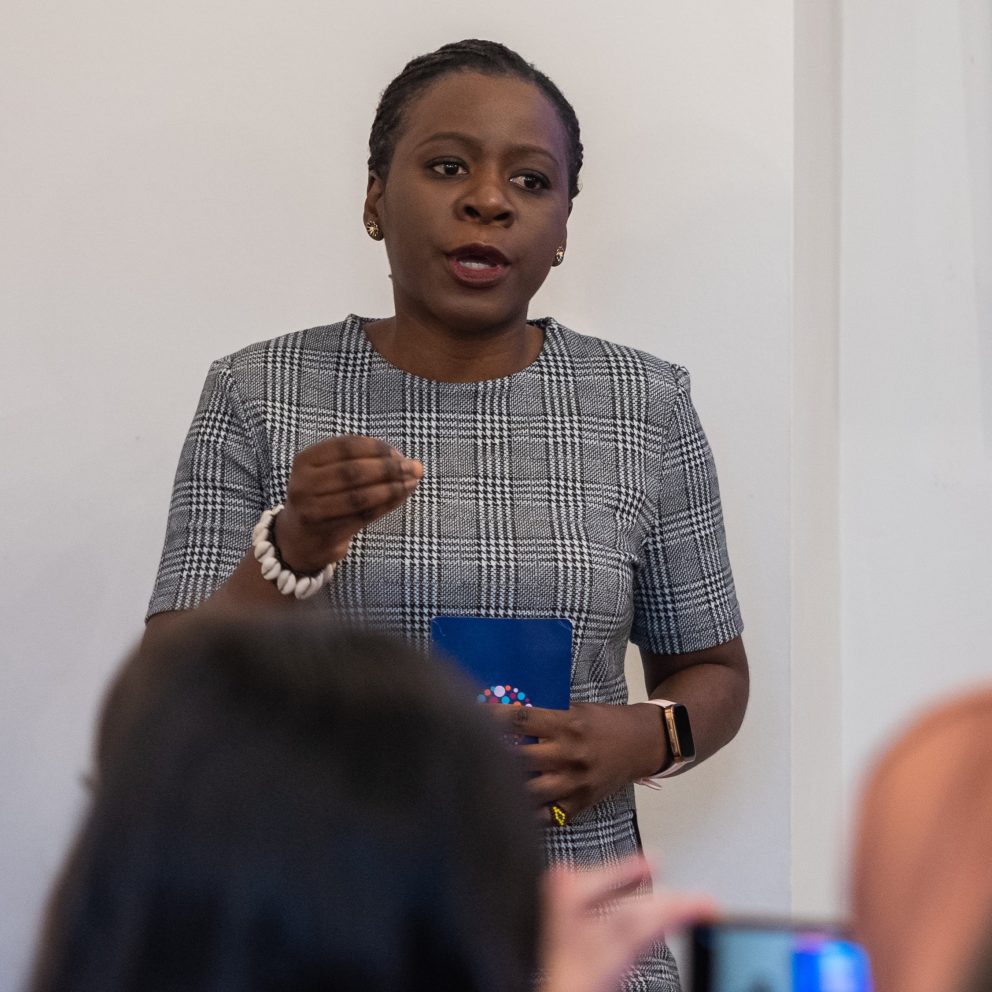My six months at Oxford
Laida Kaoma Chongo (Visiting Fellow, Reuters Institute for the Study of Journalism, 2022 to 2023) writes
As I look back and recount my journey at Oxford, knowing I utilised every opportunity to tell my own stories, learn as a fellow and share my views with the world has been quite a fulfilling experience.
- I successfully conducted an internal seminar on gendered disinformation, which I believe is relevant to most females in the media.
- I managed to invite and interview a Zambian, a Komla Dumor award-winning journalist, and I was very intentional about bringing in a black person as a way of promoting racial parity.
The Fun Months: First Three Months in Oxford
Being the only African at the beginning of my cohort, the first three months were the most exciting experience.
I enjoyed punting at Cherwell Boathouse as it reminded me of kayaking at Tiffany’s Canyon back home in Zambia. My favourite activity throughout the six months, other than private prayer, was karaoke.
My hair always attracted good attention; some fellows mistook my braids for dreadlocks and would compliment me about how long my hair was. One day, I decided to undo my braids and went to one of our seminars with my natural short, black, kinky hair, and it seemed like it was the first time some actually saw a black woman’s hair in its natural form. I remember one saying Wow! So ‘Lupita nyongo-ish’, I enjoyed the attention that day, and my supervisor and one other black American encouraged me to wear it like this more often. This inspired me to write an article on hair to express the struggles that black women often experience with their hair in different places, including Africa.
It was my first time experiencing winter, and I got excited at the first sight of snow in real life, though I found it a bit limiting. During my stay in Oxford, I managed to get accommodation at the North Oxford Overseas Centre; I was happy to be staying here as it has a Christian foundation and is multi-cultural, so I met people from all over the world and had fun together.
The fellowship
The schedule was very flexible, so I had ample time to virtually connect with my son and family back home for long hours. I also had enough time to visit and bond with my family within the UK, especially my nieces and I enjoyed the Green Templeton Black community which was the best decision I made.
In addition, other fellows were generally respectful and accommodating, though a few had misconceptions about Africa as a whole. ‘Are there banks in Africa? Is there beer and running water?’ My affirmative yes to those and many other strange questions I got had many fellows surprised because most of them only know war-torn, poor, impoverished Africa they get to see in their media, which is a serious misrepresentation of actual Africa in general. I could not blame them and had no choice but to correct the narrative.
I noticed that some Africans living in the diaspora have not done justice to set the records straight in terms of telling real stories. I felt compelled to restate updated lived scenarios, and I equally learned so much about other countries around the world through the lived experiences that other fellows told me. Their similarities with Zambia made me realise that ‘some problems are simply people problems and not merely African problems’. Friends became family, and we have stayed in touch as we plan group Zoom calls just to check in.
Church
St Aldates Church became home for me as it was one of the most inclusive churches, and it was my favourite place to be. Overall, the experience was blissful.


